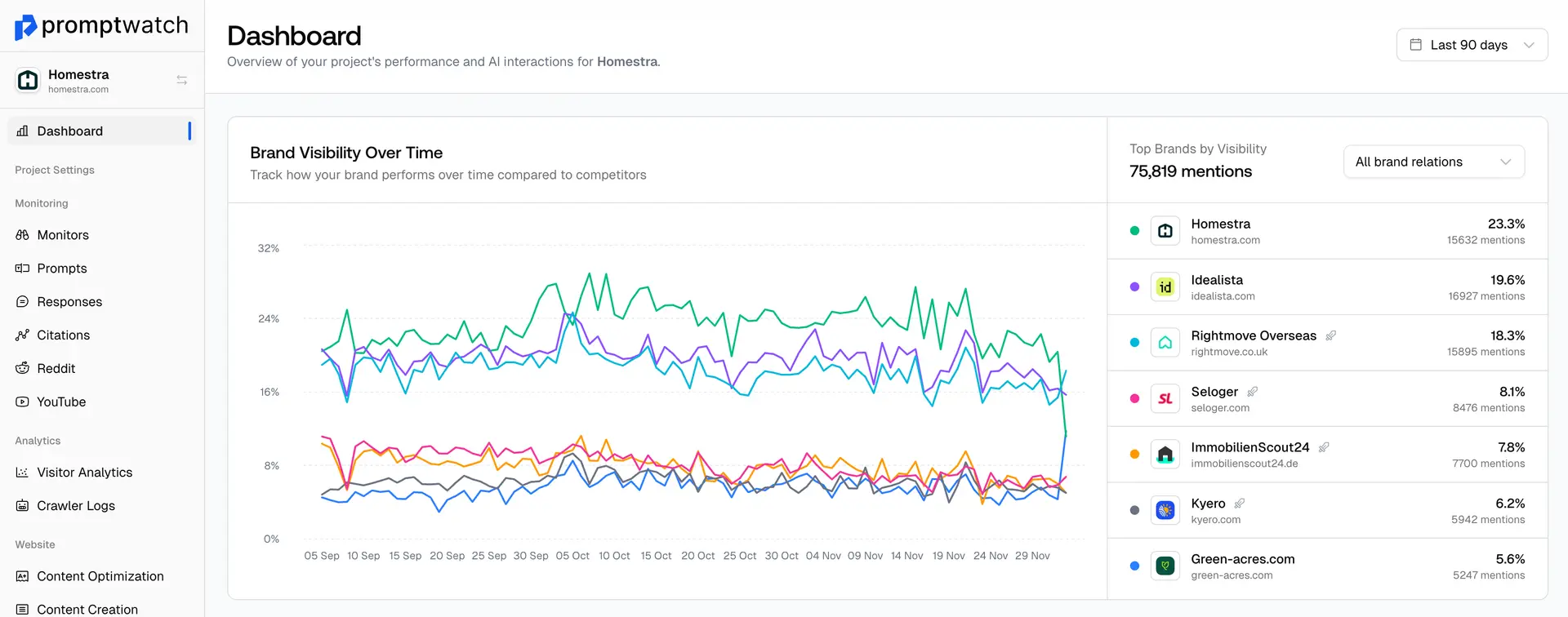Definition
Generative Search Optimization is an alternative term for Generative Engine Optimization (GEO) that emphasizes the fundamental difference between traditional search engines that retrieve and rank existing content, and generative AI systems that create new responses by synthesizing information from multiple sources. This terminology highlights the paradigm shift from optimizing for retrieval-based search to optimization for generation-based search.
Generative search systems like ChatGPT, Claude, Perplexity, and Google AI Overviews don't simply return lists of relevant links. Instead, they generate new content that attempts to directly answer user queries by combining, summarizing, and synthesizing information from their training data and real-time sources. This fundamental difference requires completely different optimization strategies.
Key aspects of generative search optimization include understanding how AI systems select and combine source material, creating content that's easily extractable and combinable by AI algorithms, optimizing for citation and attribution in generated responses, building authority signals that AI systems recognize and trust, and structuring information in ways that support AI synthesis processes.
Generative search optimization focuses on becoming a preferred source for AI systems when they need to generate responses about specific topics. This requires high-quality, authoritative content that AI systems can confidently cite and reference, rather than content optimized purely for keyword rankings.
The optimization strategies differ significantly from traditional SEO: instead of optimizing for specific keyword rankings, the focus is on topical authority and expertise; instead of optimizing meta descriptions for click-through rates, the focus is on creating citation-worthy summaries; instead of building backlinks for PageRank, the focus is on building authority signals that AI systems recognize; and instead of optimizing for search result snippets, the focus is on creating content that works well when synthesized with other sources.
Generative search optimization represents the future of search marketing, where success is measured not by rankings or clicks, but by frequency and quality of citations in AI-generated content.
Examples of Generative Search Optimization
- A marketing agency implementing generative search optimization to ensure their strategies are frequently cited in AI marketing advice
- A technology company optimizing their documentation for generative search to improve their presence in AI-generated technical guidance
- A healthcare provider using generative search optimization to ensure accurate representation in AI-generated health information
